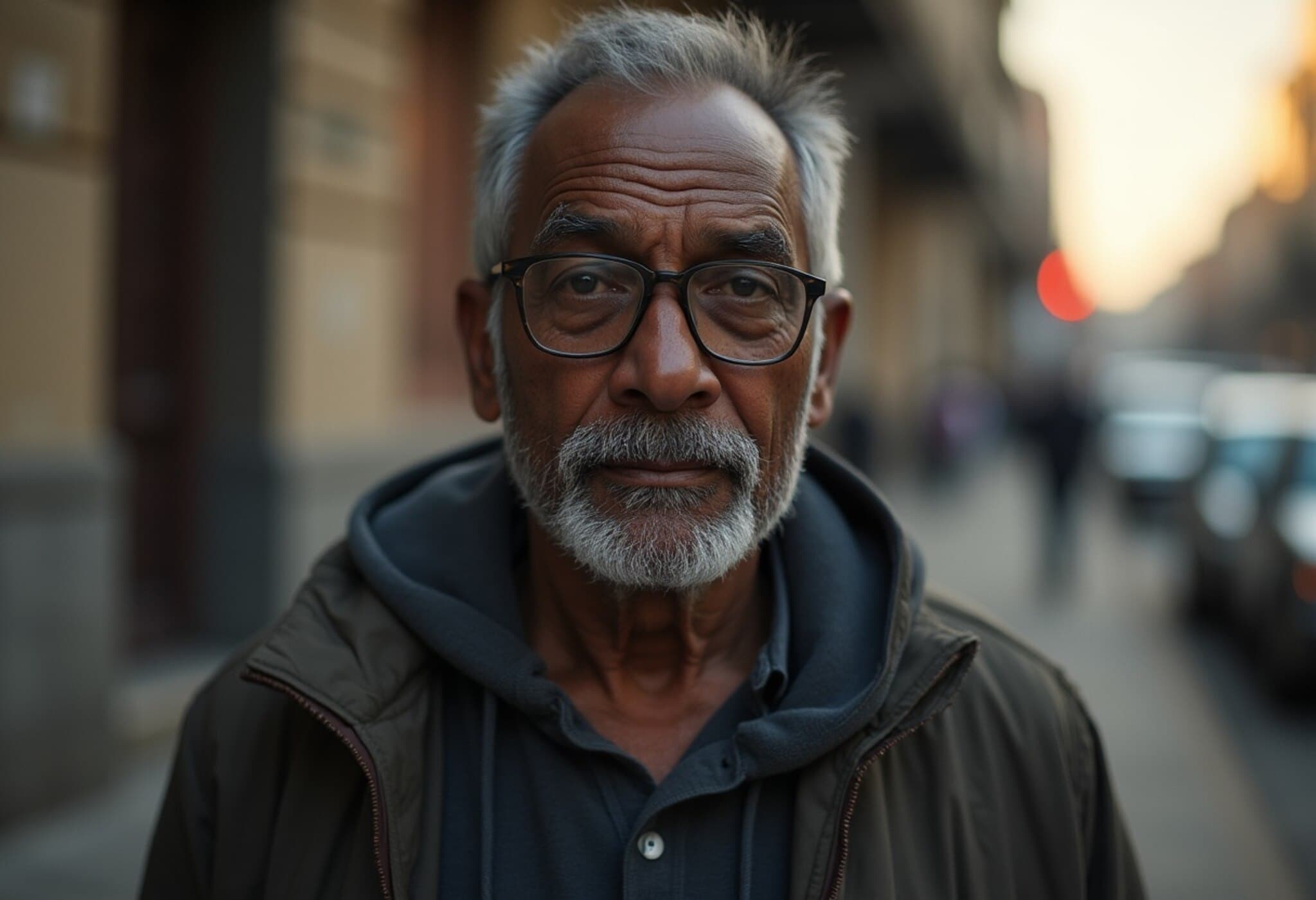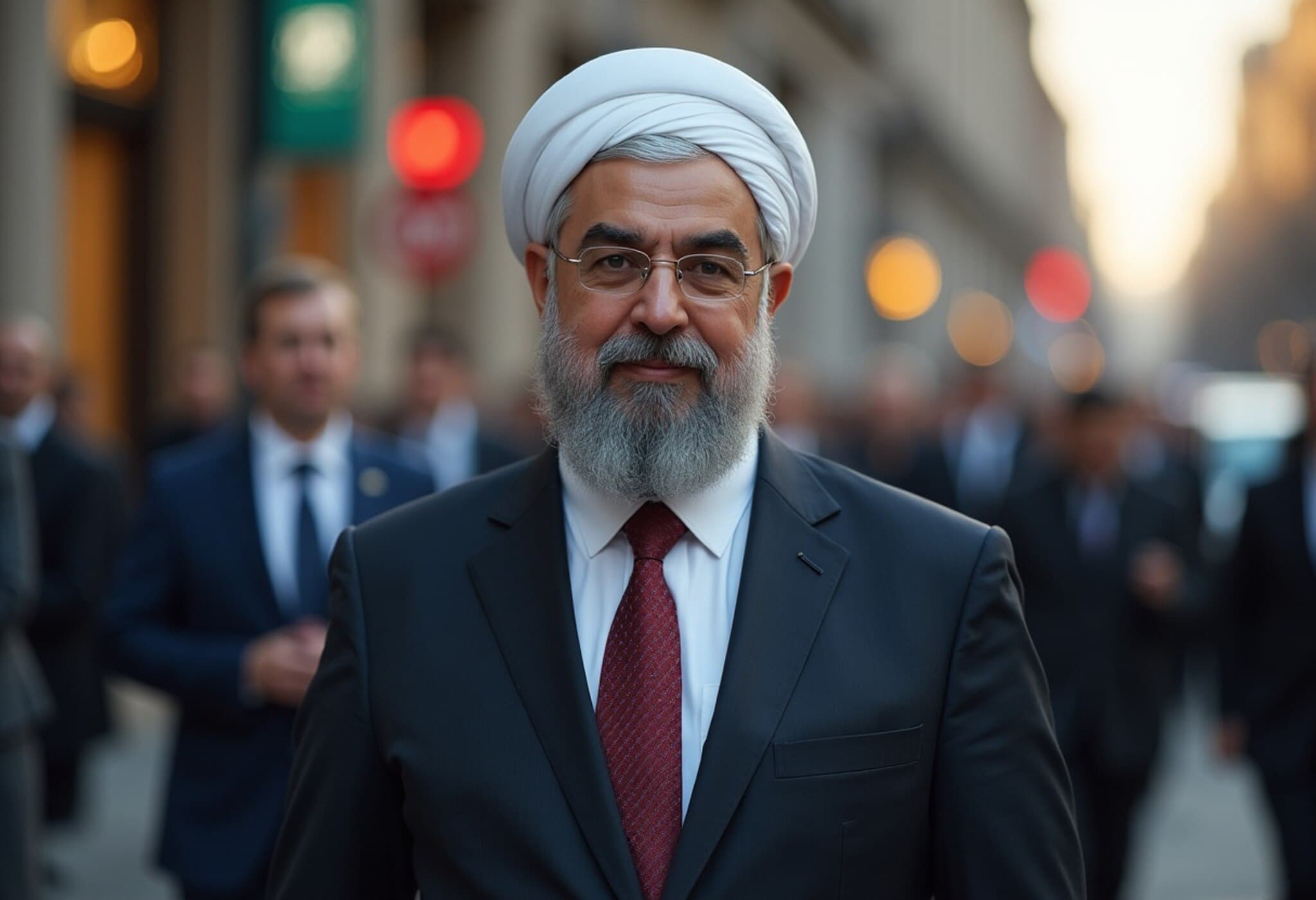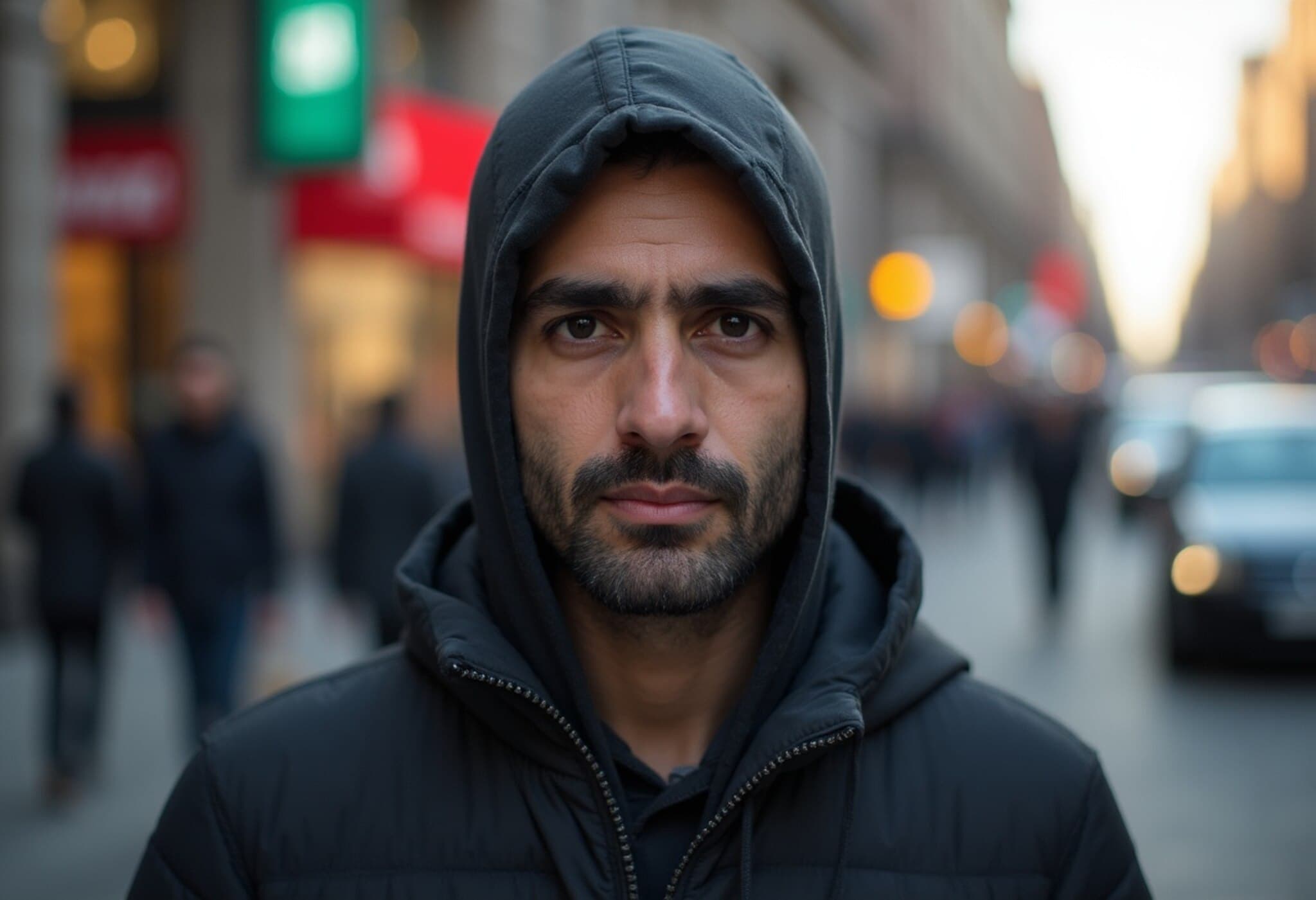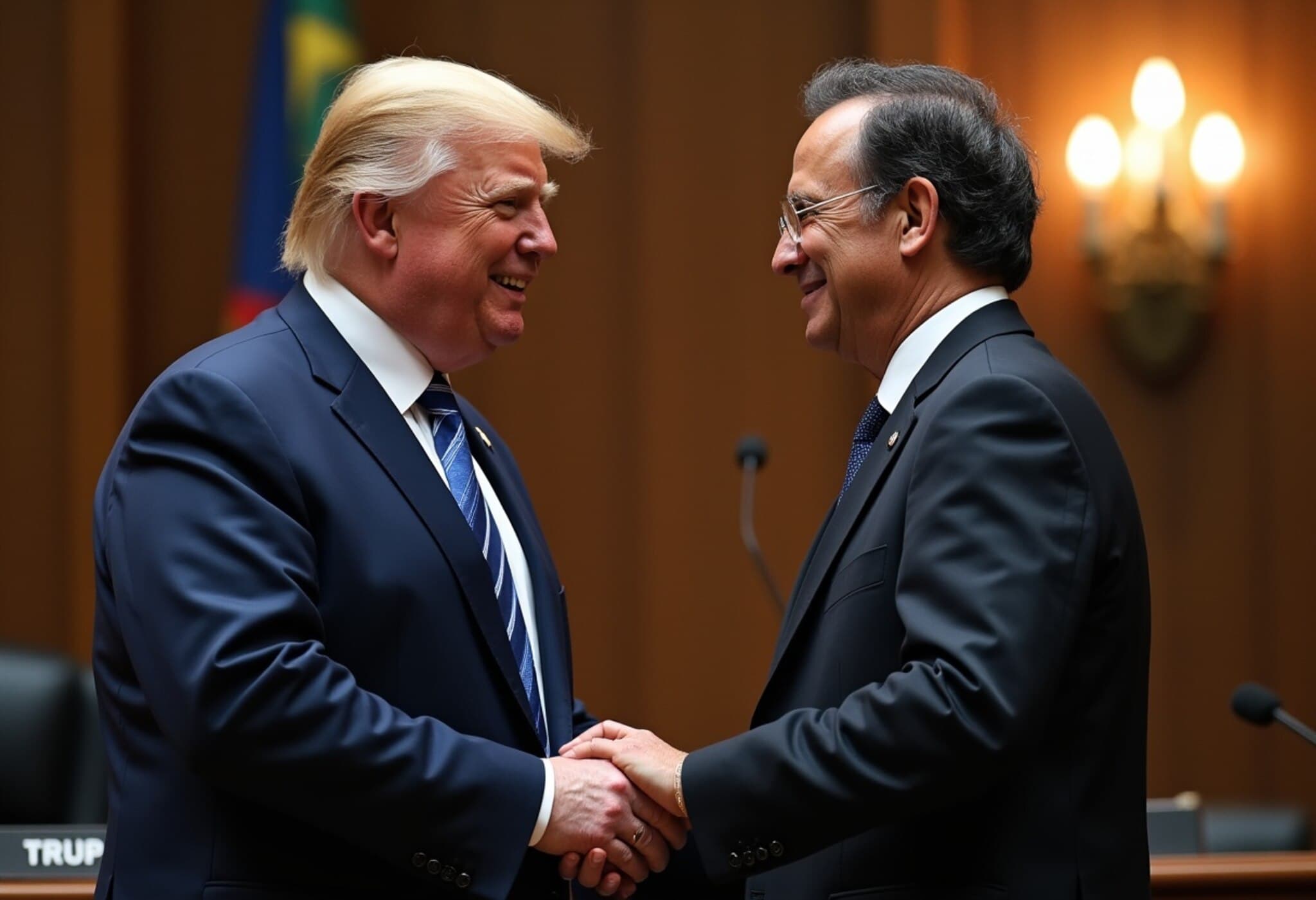Jamaican Citizen Returned Home After Controversial Deportation to Eswatini
Orville Etoria, a 62-year-old Jamaican man, who was deported by the United States to a prison in the African kingdom of Eswatini despite lacking any personal ties there, has finally been repatriated to Jamaica, officials confirmed this week. His unexpected deportation drew sharp criticism from human rights activists and legal experts alike.
Background: From Brooklyn Conviction to Deportation Debate
Mr. Etoria was convicted nearly 30 years ago for the fatal shooting of a man in Brooklyn, New York. After serving 25 years behind bars, completing his parole, he was allowed to live freely in New York, where he contributed to society by working at a men’s shelter. However, during a routine annual check-in with immigration authorities earlier this year, he was detained and subsequently deported not to Jamaica, but to Eswatini—a small, landlocked monarchy in Southern Africa with which he had no connections.
The Trump administration, intensifying efforts to deport immigrants during his second presidential term, adopted aggressive policies to remove convicted immigrants from the U.S., sometimes collaborating with foreign countries to accept deportees. This included arrangements with countries like Eswatini, South Sudan, and Ghana.
Human Rights Concerns and Legal Criticism
The decision to send Mr. Etoria to Eswatini sparked alarm among legal advocates and rights groups. They argued that the deportation was unlawful, noting that Mr. Etoria faced no new criminal charges and that Eswatini’s prison conditions and human rights record raised serious safety concerns.
“Deporting individuals to countries where they have no roots—and potentially harsh or unregulated detention environments—is deeply troubling,” said Mia Unger, a legal aid attorney representing Mr. Etoria. “Now, he must rebuild his life in Jamaica after nearly five decades in the U.S.”
The U.S. government initially claimed Jamaica had refused to accept Mr. Etoria, a statement Jamaican officials vehemently denied.
Geopolitical and Financial Dimensions
Documents obtained by The New York Times reveal that Eswatini once requested a staggering half-billion dollars from the United States in exchange for accepting deportees from third countries. Additionally, records suggest Eswatini was prepared to host over 150 such deportees for a payout exceeding $10 million.
This arrangement sheds light on the complex financial and diplomatic strategies underpinning U.S. deportation policies, raising critical questions about the ethics and human costs involved.
Eswatini’s government further confirmed ongoing negotiations to repatriate four other deportees originally sent from the U.S., hailing from Cuba, Laos, Vietnam, and Yemen.
Broader Implications for U.S. Immigration Policy
The Trump-era approach to deportations, leveraging remote or allied countries as receiving stations for convicted immigrants, has drawn widespread legal and human rights critique. Experts warn such tactics may violate international norms and place deportees at heightened risk.
Legal scholars emphasize that deportations should respect the dignity, safety, and human rights of individuals—something potentially compromised when individuals are sent to unfamiliar countries with poor oversight.
As for Mr. Etoria, reintegration poses significant challenges. Having lived most of his life in the U.S., returning to Jamaica requires psychological, social, and economic adjustments—a journey that will demand support and resilience.
Editor’s Note
The case of Orville Etoria serves as a critical lens into the human consequences behind immigration enforcement policies. It raises urgent questions:
- What safeguards should exist to protect deportees’ rights and dignity?
- How transparent and ethical are the financial arrangements between the U.S. and countries accepting deportees?
- How do such policies impact communities both in the U.S. and deportees’ countries of origin?
As immigration debates intensify, it’s vital that policies balance rule of law with humanity—ensuring that every individual’s saga is met with fairness, justice, and empathy.

















